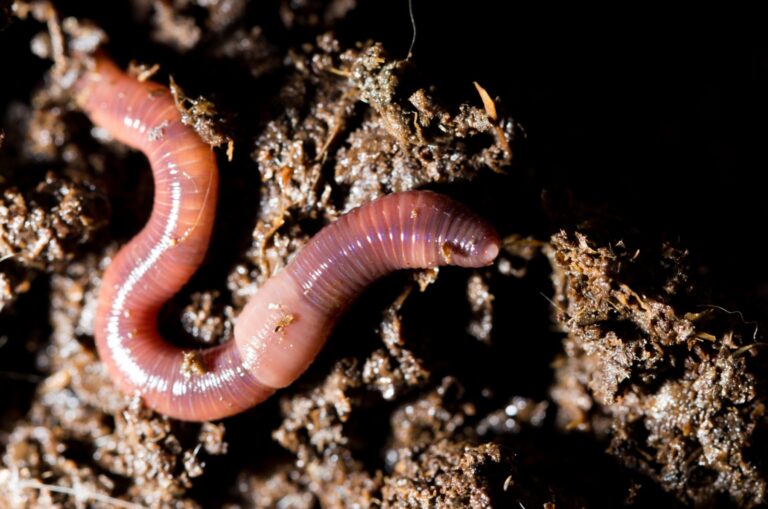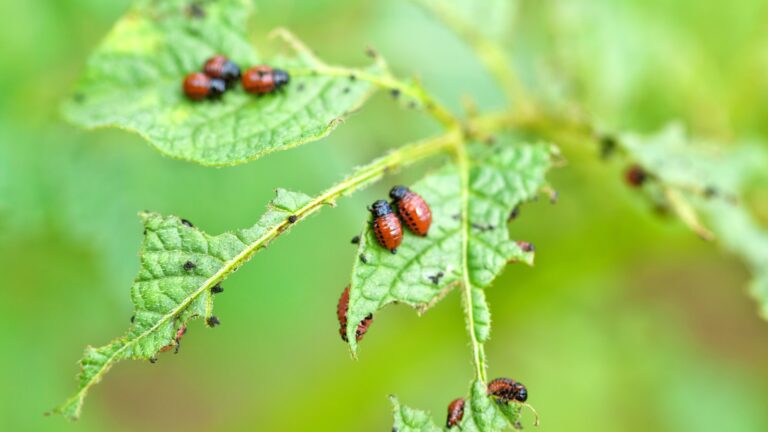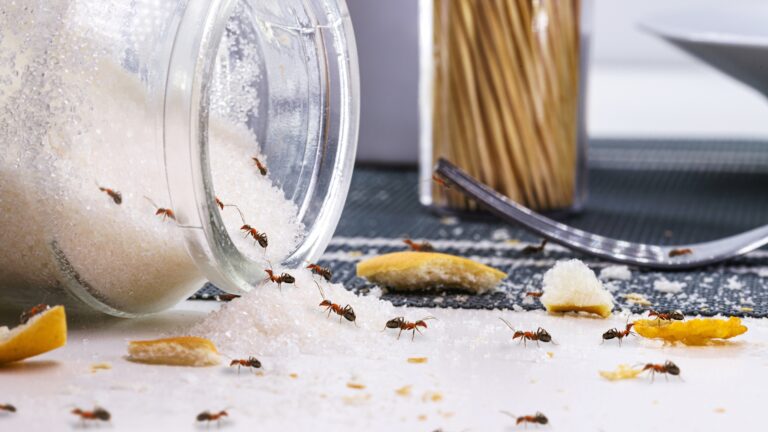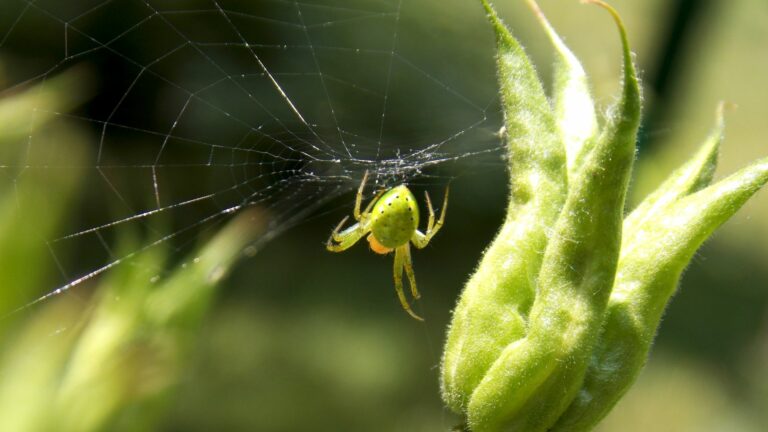Discover 19 Smells That Wasps Absolutely Hate
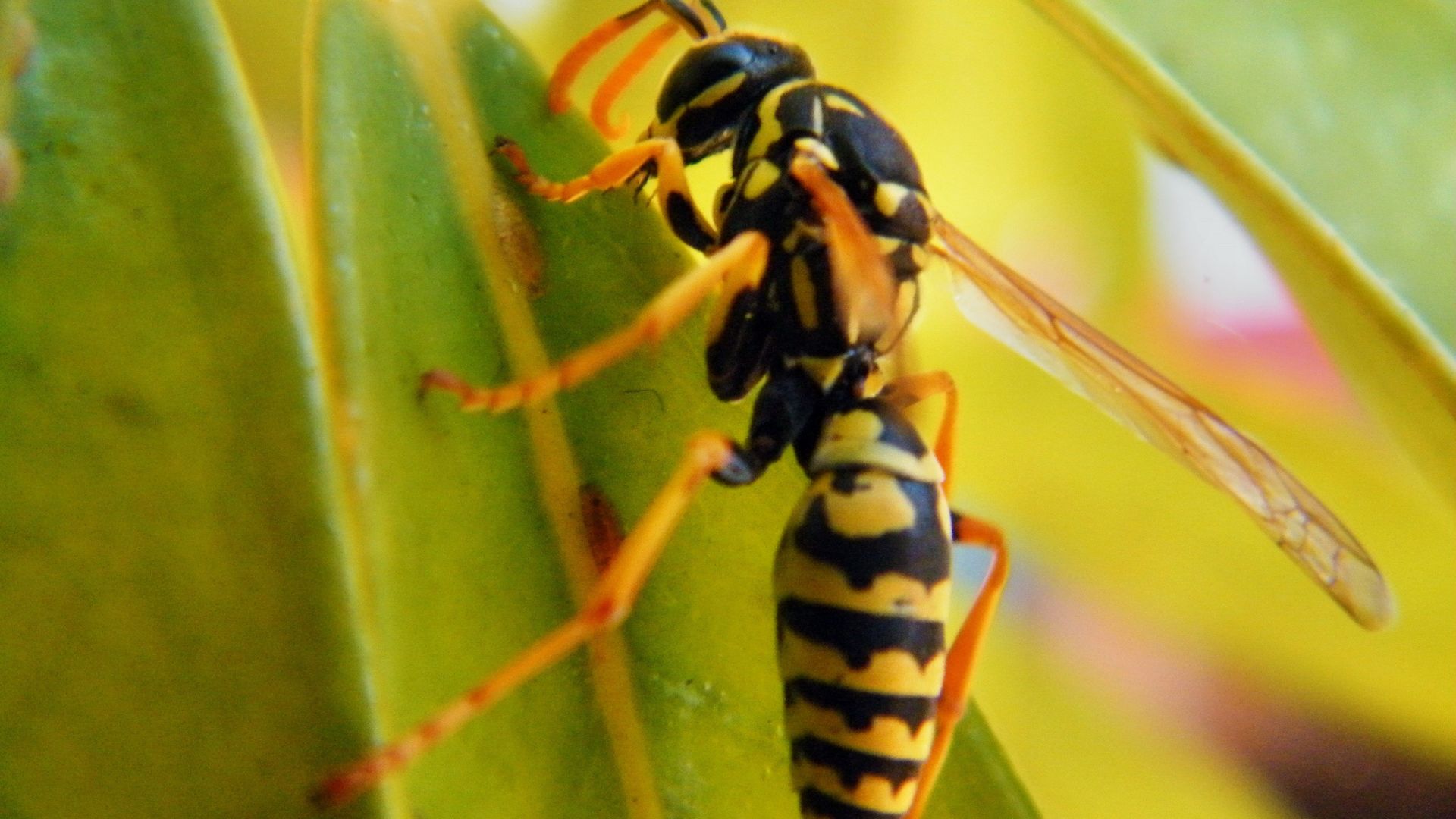
Wasps can crash your backyard plans faster than you can say “grill’s ready.” While they do some good in the garden, no one wants them hovering over lemonade or building nests near the porch. Luckily, you don’t have to douse everything in chemicals to keep them away.
Nature offers plenty of scents that wasps can’t stand—like peppermint, clove, eucalyptus, and citronella. These strong-smelling options can be used in essential oil sprays, sachets, or even planted nearby to form a fragrant, invisible barrier.
With 19 proven scents to choose from, you’ve got plenty of natural tools to reclaim your outdoor space. The next time a wasp flies by, let your garden’s aroma do the talking—no swatting required.
1. Peppermint Oil Works Fast
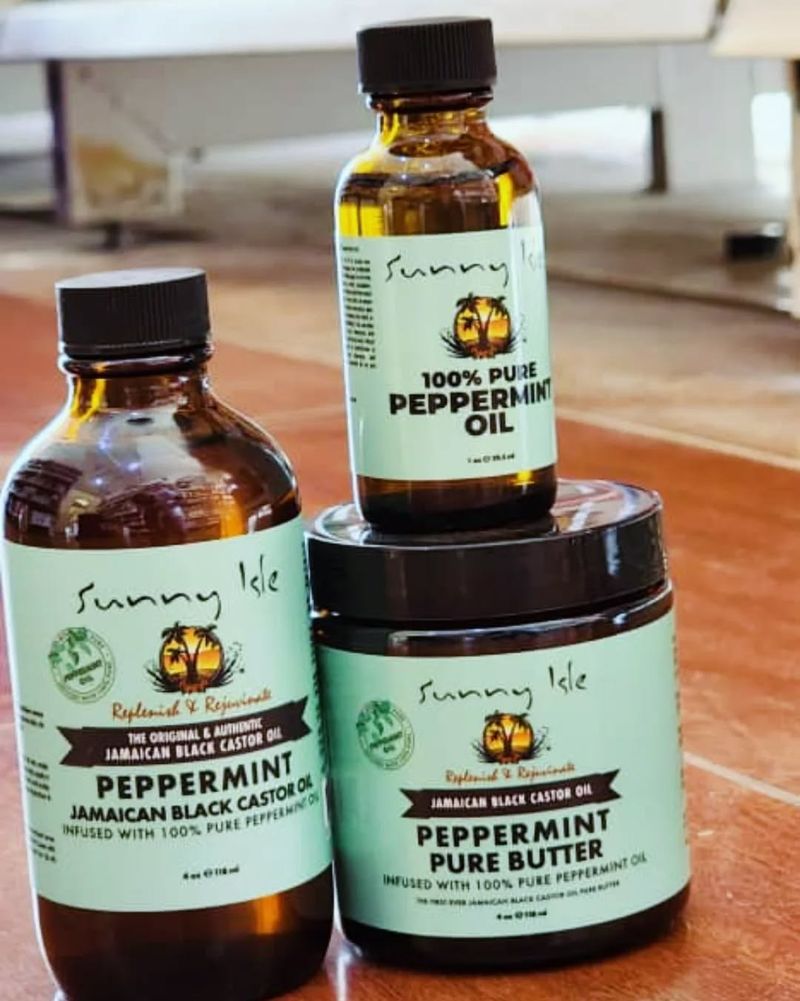
The sharp, cooling sensation that makes peppermint refreshing to us creates an overwhelming experience for wasps. Their sensory receptors can’t handle the intense menthol compounds.
Mix 15-20 drops with water in a spray bottle and apply around doorways, windows, and outdoor eating areas. Reapplication every few days keeps the barrier strong.
I noticed wasps completely avoiding my patio after just two treatments. The bonus? My outdoor space smells like a candy cane, which is much nicer than chemical sprays.
2. Cucumber Peels Surprise
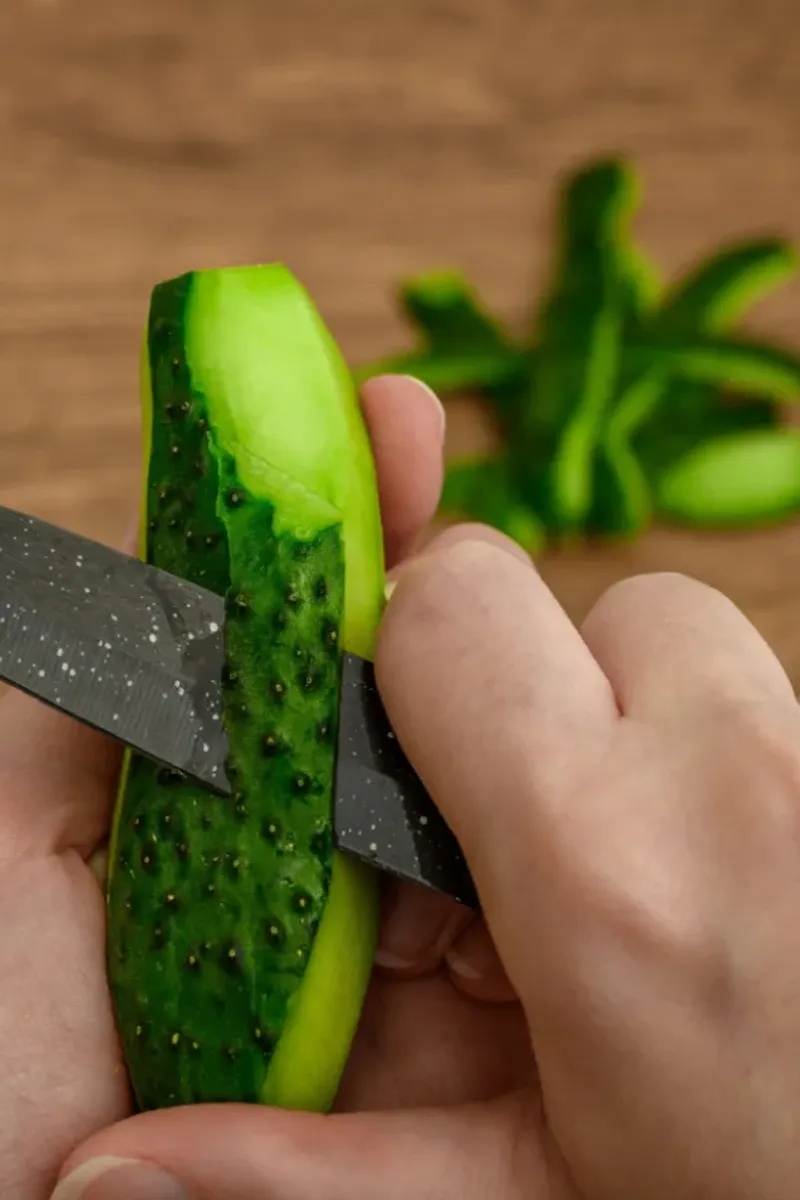
Something in cucumber peels sends wasps flying in the opposite direction. The acidic compounds released when cucumber oxidizes create an invisible barrier these insects avoid.
Simply scatter fresh peels around your picnic area or outdoor gathering space. Replace them daily for maximum effectiveness since they dry out quickly.
During last summer’s family reunion, we lined the perimeter of our picnic tables with cucumber peels. Not a single wasp bothered us all afternoon, though they were buzzing around nearby tables.
3. Clove Essential Oil
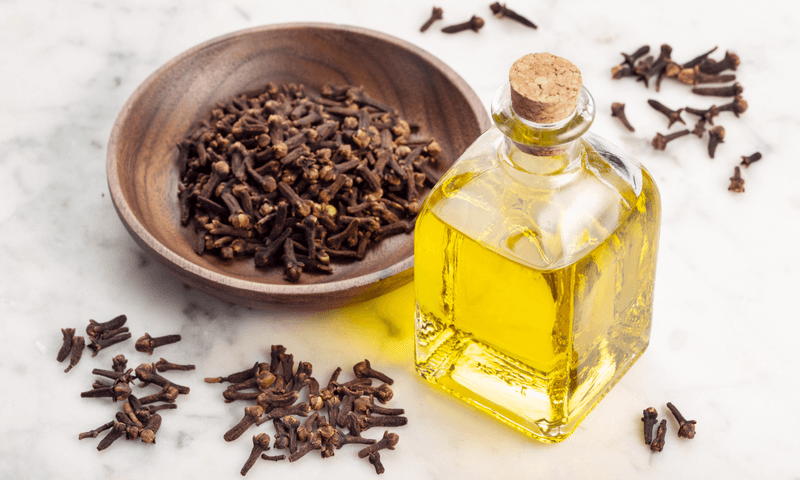
The powerful aroma contains eugenol, a compound that effectively jams wasps’ communication systems. When they can’t properly signal each other, they become disoriented and leave the area.
Soak cotton balls in clove oil and place them in small containers around your yard. The strong scent creates a perimeter wasps won’t cross. My neighbor struggled with wasps in her garden until trying this method.
She placed clove-soaked cotton balls every six feet along her fence, and within days noticed a dramatic decrease in wasp activity.
4. Basil Plants Provide Protection
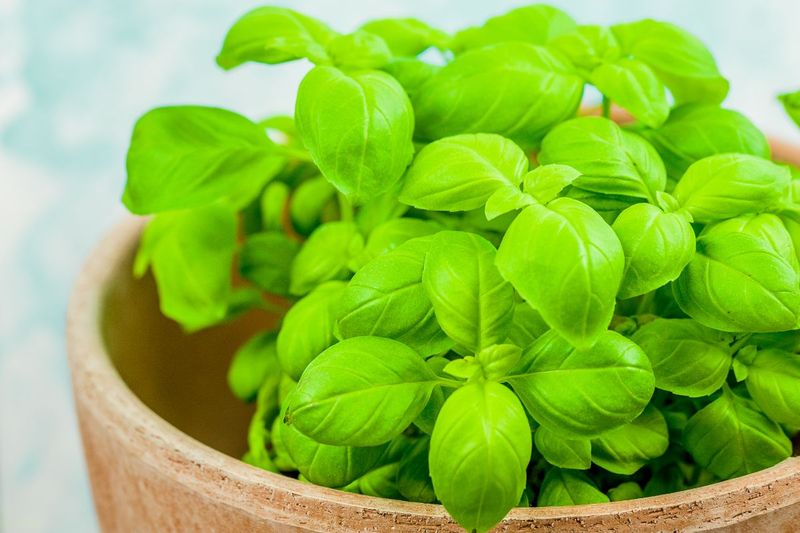
Growing basil releases aromatic compounds that confuse wasps’ hunting and nesting instincts. The herb’s natural oils contain linalool and estragole, which wasps find particularly offensive.
Plant basil in pots near entryways, windows, or around outdoor seating areas. Crushing a few leaves occasionally releases more of the repellent oils.
The herb window box outside my kitchen window serves double duty – fresh ingredients for cooking and a wasp-free zone for morning coffee. They haven’t built a nest near that window in three years.
5. Lemongrass Oil Barrier
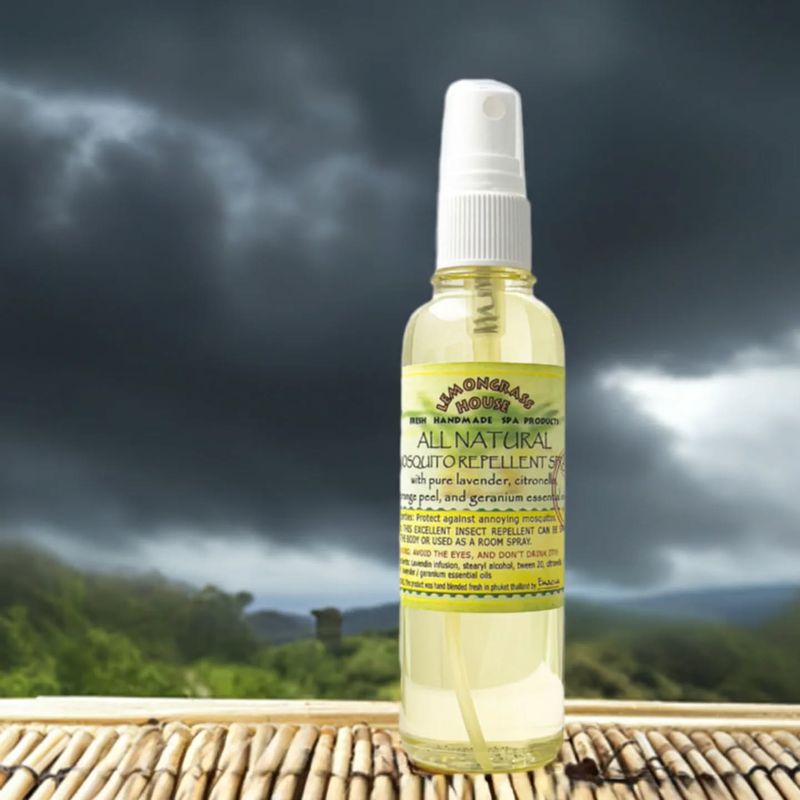
Citral, the main component in lemongrass oil, creates sensory overload for wasps. Their navigation systems become confused when exposed to this potent citrus-like scent.
Add 20 drops to a spray bottle with water and a teaspoon of dish soap. Apply to areas where wasps typically gather or build nests, like eaves and fence corners.
After treating our gazebo with lemongrass oil solution, we could finally enjoy evening meals outside. The wasps that previously hovered around our lights completely disappeared.
6. Geranium Flowers Naturally Repel
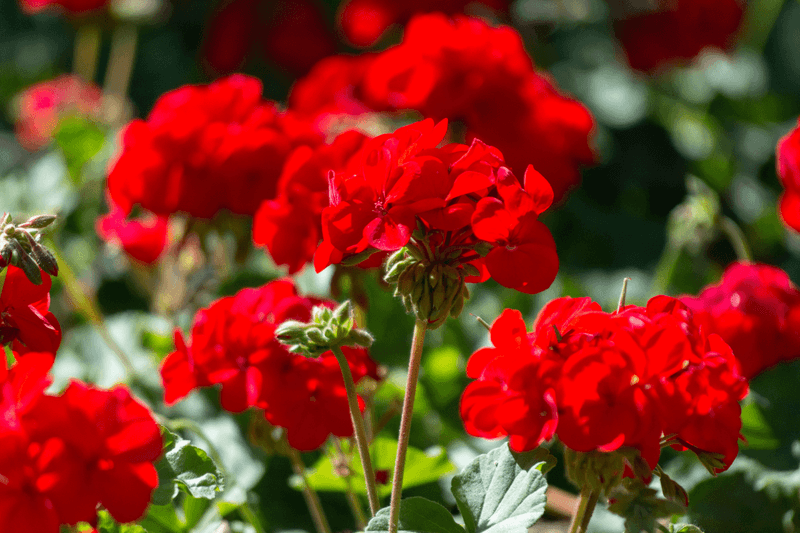
Geraniums produce geraniol, a natural compound that masks scents wasps use to find food. The bright flowers create both a beautiful garden feature and an effective wasp deterrent.
Plant them in hanging baskets near doorways or in pots around outdoor living spaces. The more geraniums you have, the stronger the repellent effect becomes.
When we added geraniums to our front porch planters, the paper wasps that had been trying to build under our eaves suddenly disappeared. Now we add them to every container garden.
7. Vinegar Spray Solution
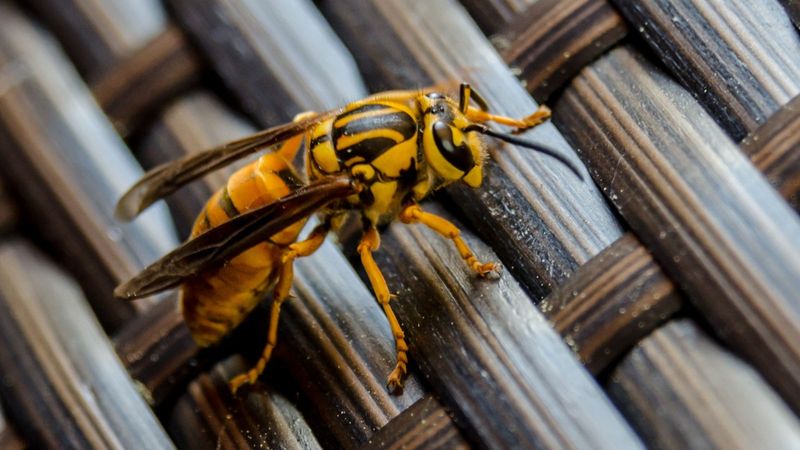
The acetic acid in vinegar disrupts wasps’ ability to pick up food scents. Their sensory organs become overwhelmed by the sharp smell, causing them to avoid the area entirely.
Mix equal parts white vinegar and water in a spray bottle. Apply liberally around outdoor dining areas and potential nesting spots every few days.
Our annual barbecue used to involve constant wasp-swatting until we tried the vinegar method. Despite having sweet drinks and grilled meats, not a single wasp crashed our party this year.
8. Wormwood’s Ancient Power
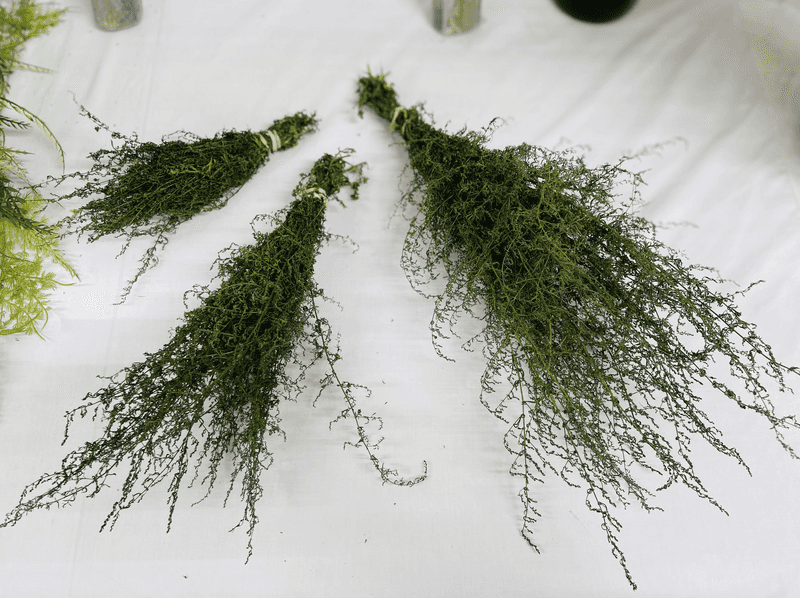
Ancient civilizations discovered wormwood’s insect-repelling abilities centuries ago. The plant contains thujone, which creates neurological confusion in many insects, including wasps.
Hang dried wormwood bundles around porches or grow it in your garden borders. The silvery foliage adds visual interest while keeping wasps at bay.
My grandmother always kept dried wormwood hanging by her back door. I thought it was just an old superstition until I tried it myself and watched wasps actually change direction mid-flight to avoid it.
9. Citronella Candles Double Duty
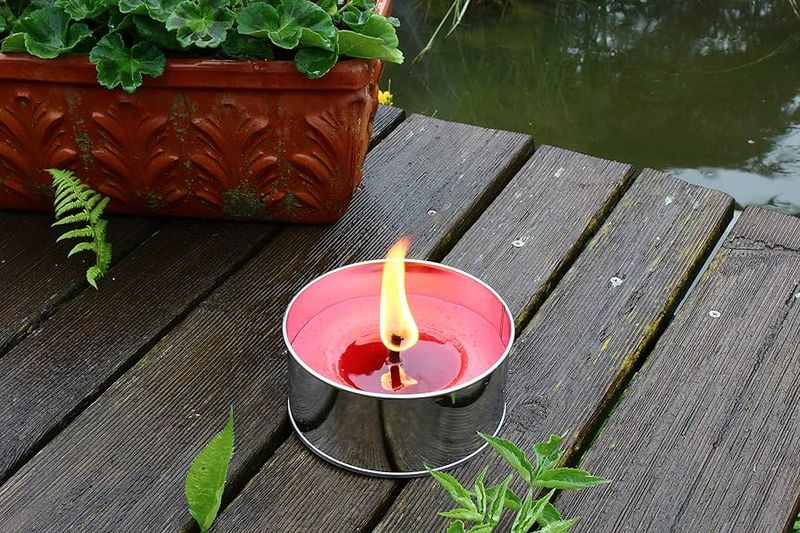
These popular mosquito repellers also work against wasps thanks to their strong citrus compounds. The smoke and scent create an invisible barrier wasps prefer not to cross.
Place citronella candles strategically around outdoor gathering areas, lighting them about 30 minutes before you plan to use the space. We lined our deck with these candles during a late summer dinner party.
While neighbors were constantly swatting at wasps, our space remained remarkably clear of both mosquitoes and wasps all evening.
10. Thyme Oil’s Hidden Strength
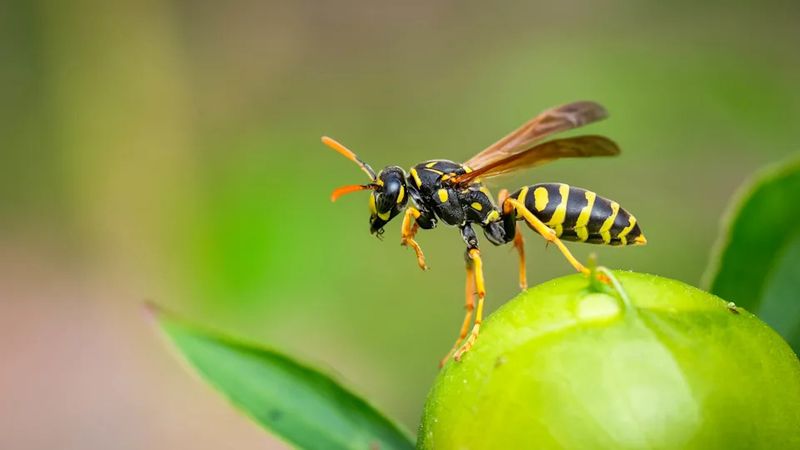
Thymol, the active compound in thyme, creates respiratory distress for wasps without harming them. They instinctively avoid areas where this scent is present.
Add 15 drops of thyme essential oil to a cup of water with a teaspoon of dish soap. Spray around windows, doorways, and outdoor furniture.
The wasps that kept trying to build under my deck railings finally gave up after I started using thyme oil spray. The light herbal scent is barely noticeable to humans but sends wasps looking for safer territory.
11. Eucalyptus Leaves Work Wonders
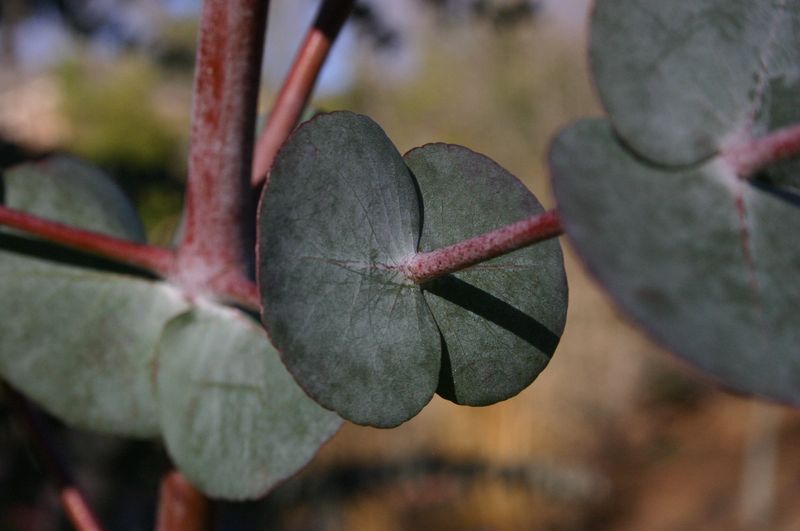
The strong menthol-like scent of eucalyptus overwhelms wasps’ sensory systems. They avoid areas where this distinctive smell is present, making it perfect for outdoor spaces.
Scatter fresh eucalyptus branches around outdoor seating areas or hang dried bundles from porch ceilings. Replace when the scent begins to fade.
During a particularly bad wasp season, I hung eucalyptus bundles around our covered patio. While neighbors complained about constant wasp problems, we enjoyed wasp-free outdoor meals all summer long.
12. Coffee Grounds Surprise Effect
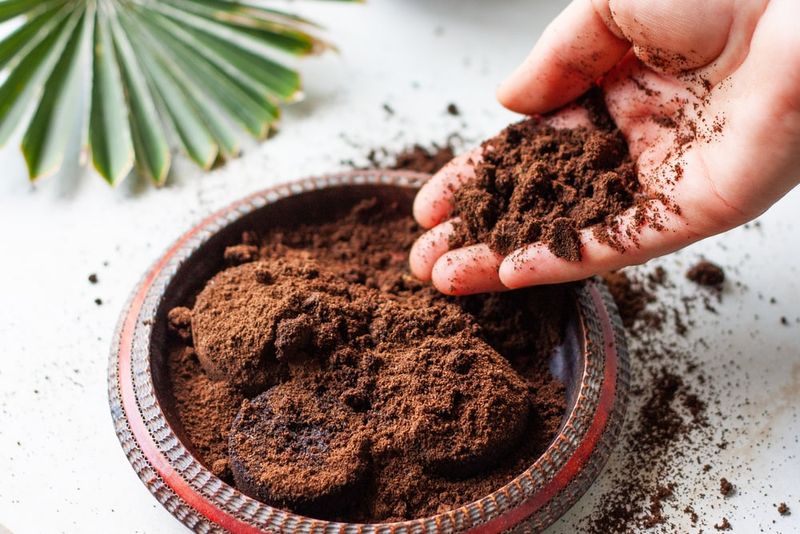
Used coffee grounds emit a scent that wasps find particularly offensive. The strong aroma masks food smells and disrupts their hunting patterns.
Sprinkle used grounds in small bowls or directly on soil around outdoor areas. Replace every few days or after rain for continued effectiveness.
After struggling with wasps around our trash cans, I started spreading coffee grounds nearby. The difference was immediate – no more wasps circling when we lifted the lids, and my plants got a nice nutrient boost too.
13. Cinnamon Powder Boundary Line
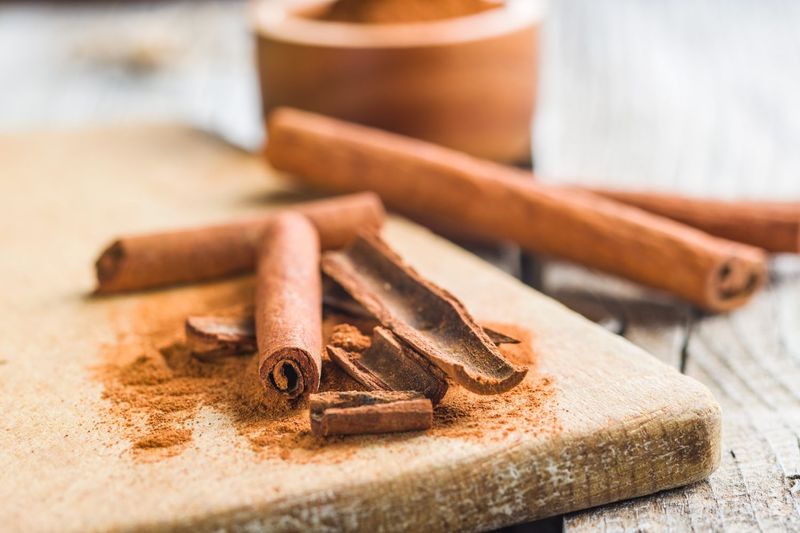
The strong aromatic compounds in cinnamon create an invisible barrier wasps won’t cross. Their sensitive antennae detect these compounds from surprising distances.
Create a perimeter of ground cinnamon around picnic areas, windowsills, or other places wasps frequent. Refresh after rain or every few days for best results.
When preparing for our neighborhood block party, I sprinkled cinnamon around the perimeter of our food tables. While other areas had occasional wasp visitors, our buffet remained completely wasp-free all afternoon.
14. Marigolds’ Secret Power
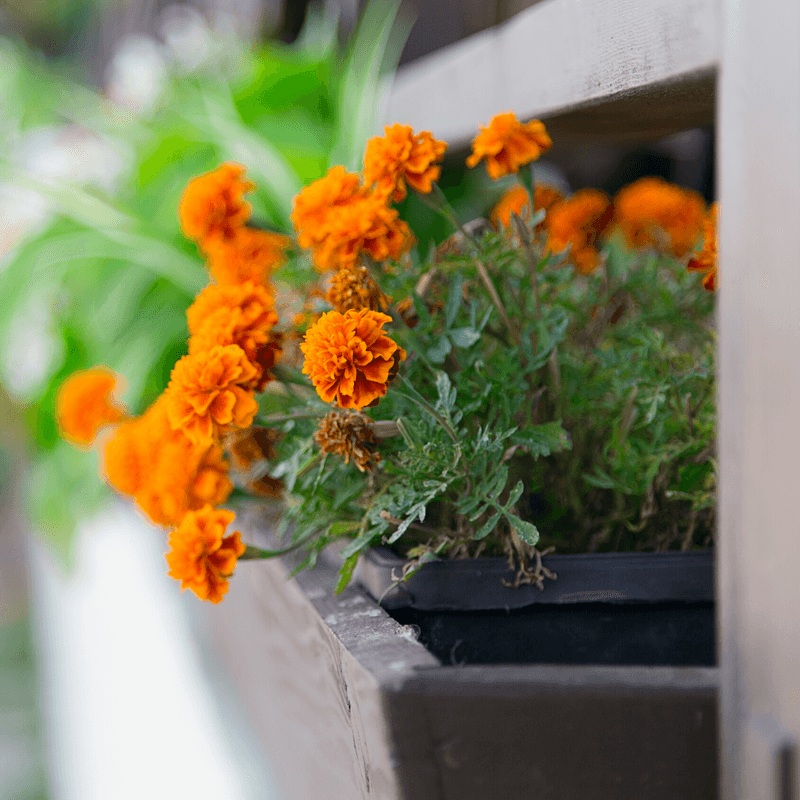
These bright flowers contain pyrethrum, a natural insecticide that repels many insects including wasps. Their strong scent masks the food odors that typically attract wasps to your space.
Plant marigolds in borders around patios, in window boxes, or in containers near doors. Their cheerful blooms create both beauty and protection.
The summer we lined our deck with marigold planters was the first time we could eat outside without wasp interruptions. They’ve become a staple in our garden planning ever since.
15. Tea Tree Oil’s Powerful Effect
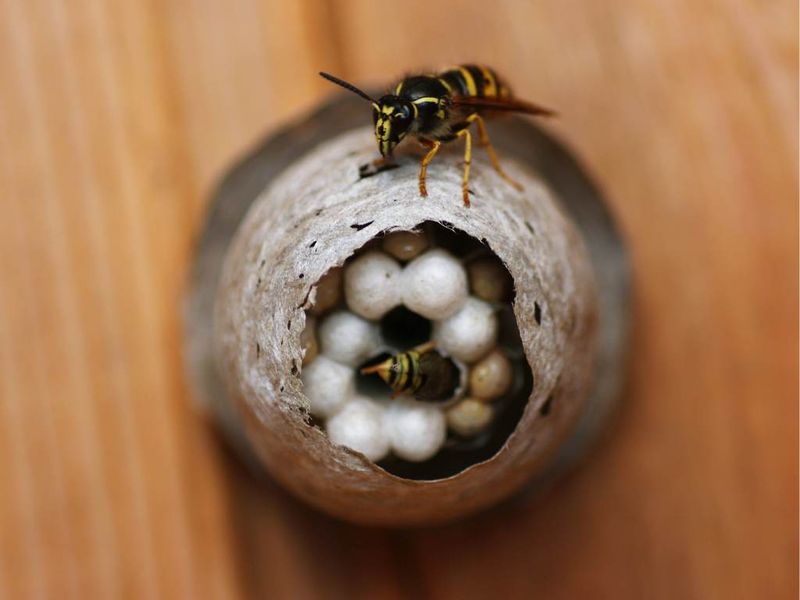
The strong medicinal scent of tea tree oil contains compounds that irritate wasps’ sensory organs. They’ll actively avoid areas where this distinctive smell is present.
Add 10-15 drops to a spray bottle with water and a drop of dish soap. Apply to potential nesting areas like eaves, mailboxes, and fence corners.
Our shed had become a favorite wasp hangout until I tried tea tree oil spray. The transformation was remarkable – within days, they completely abandoned the area and haven’t returned in months.
16. Garlic Spray’s Surprising Strength
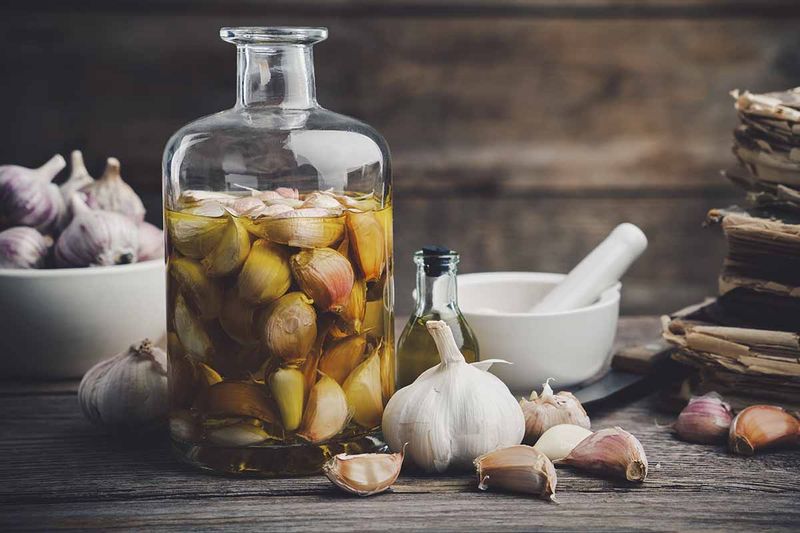
The sulfur compounds in garlic create an overwhelming sensory experience for wasps. Their hunting and navigation abilities become compromised when exposed to this potent smell.
Crush several garlic cloves and steep in hot water overnight. Strain, add to a spray bottle, and apply around problem areas every few days.
My skeptical husband couldn’t believe something so simple would work until our persistent wasp problem under the deck disappeared after just two applications. Now he’s the first to recommend it to friends.
17. Mint Plants Create Barriers
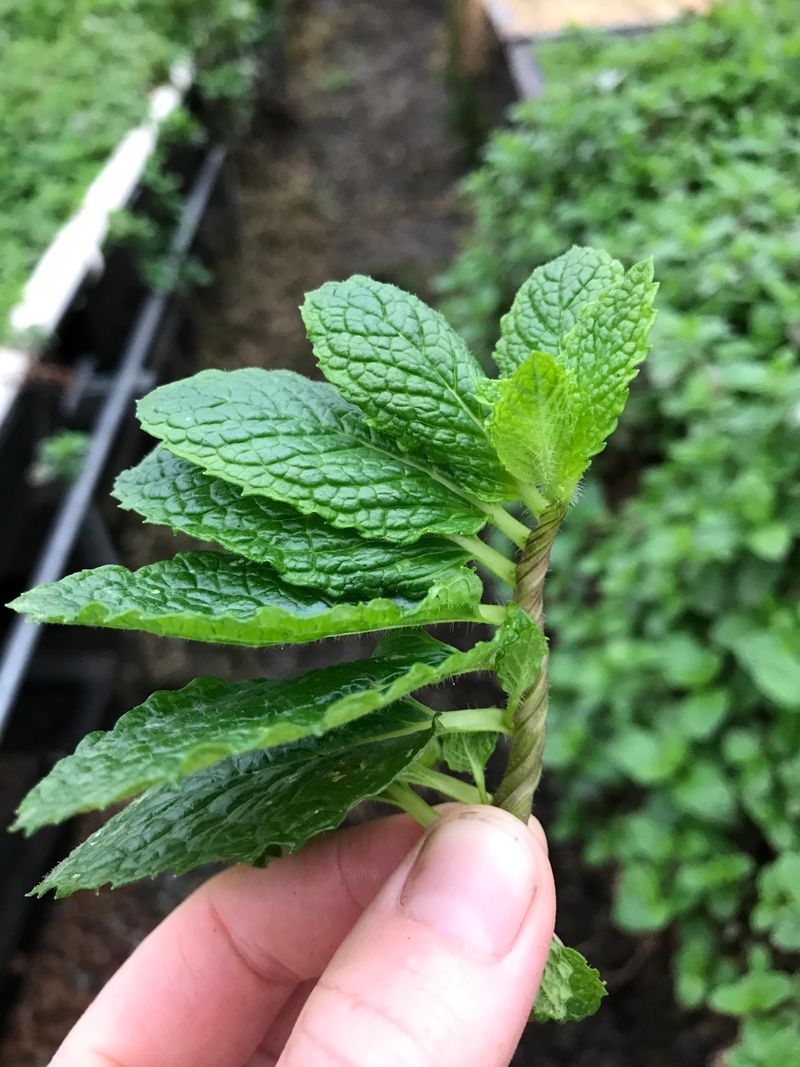
All varieties of mint produce menthol compounds that disrupt wasps’ ability to communicate and locate food. Their strong scent masks other attractive odors in your yard.
Plant mint in containers around patios, doorways, or outdoor eating areas. Crushing a few leaves occasionally releases more of the repellent oils.
Since adding a border of mint plants around our barbecue area, we’ve enjoyed peaceful outdoor meals. The wasps that used to investigate our food now stay completely away from that section of the yard.
18. Cedarwood Oil’s Ancient Protection
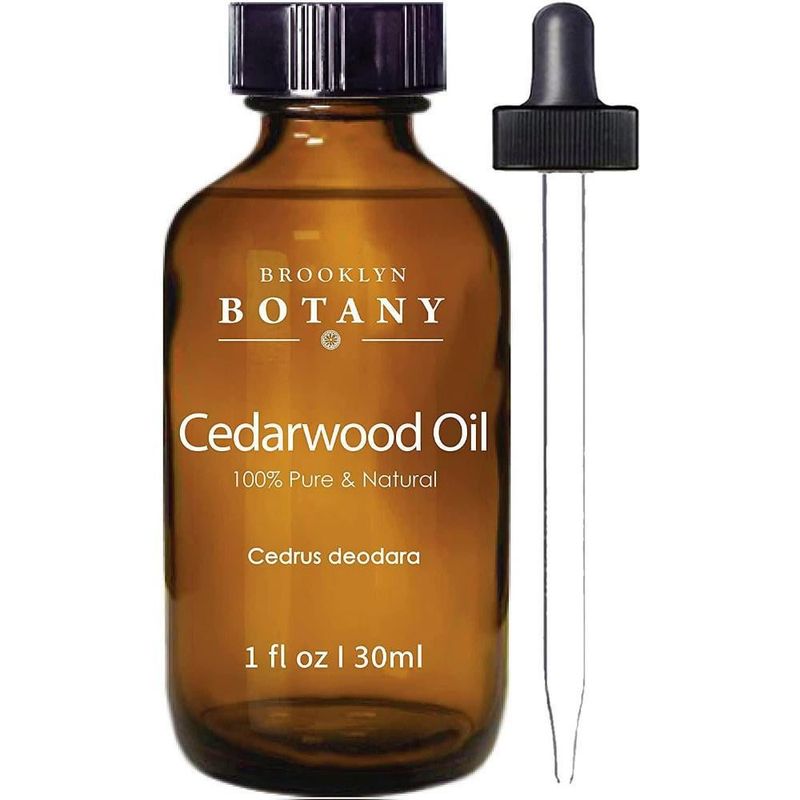
Cedar has been used for centuries to repel insects, including wasps. The oil contains compounds that mask scents wasps use to locate food and suitable nesting sites.
Apply a few drops of cedarwood essential oil to wooden surfaces around your home, or use cedar mulch in garden beds near outdoor living spaces.
After treating the wooden beams of our pergola with cedarwood oil, the wasps that had been starting nests there completely disappeared. Now I reapply monthly during summer as part of regular maintenance.
19. Sliced Lemons With Cloves
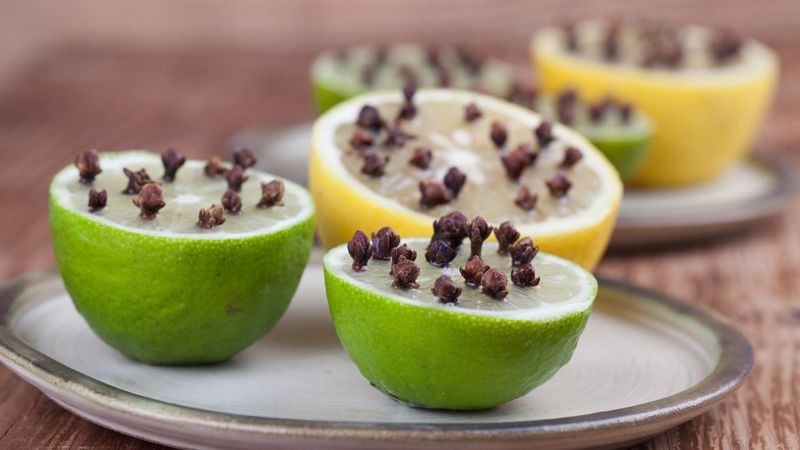
This traditional combination creates a double defense against wasps. The citrus oils in lemon peel and eugenol in cloves create an aromatic barrier wasps avoid crossing.
Cut lemons in half, insert several whole cloves into each piece, and place on plates around your outdoor space. Replace every two days as the scent fades.
During our daughter’s outdoor graduation party, we placed these lemon-clove arrangements on every table. Not only did they add a decorative touch, but we enjoyed a completely wasp-free celebration despite the sweet drinks and food.

